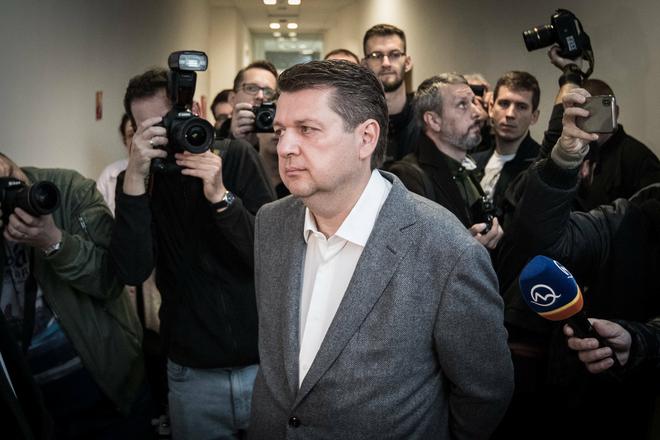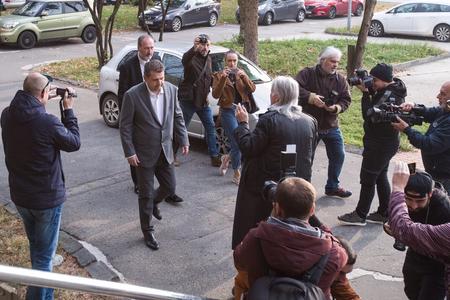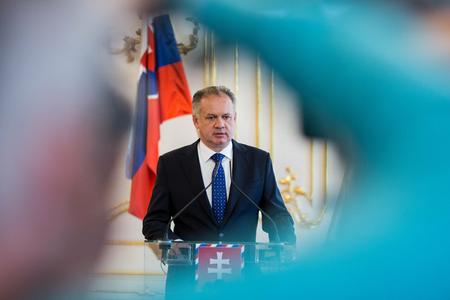Businessman Ladislav Bašternák was not successful in his appeal against a verdict issued by the district court in Bratislava last November for tax and insurance fraud and evasion.
Conversely, the Bratislava Regional Court issued a stricter verdict. Bašternák will not only spend five years in prison and be prohibited from carrying out any business activities for five years, but his property will be forfeited, the Sme daily reported.
This means that the last flat he owns, in which ex-PM and Smer chair Robert Fico lives, will become property of the state, as the Denník N daily wrote.
The verdict is valid, even though Bašternák’s lawyer Peter Filip did not rule out submitting a special appeal that would be assessed by the Supreme Court.
Most of the property has new owners
Bašternák did not attend the court proceeding in person, but was represented by Filip. If the businessman had been present, he would probably have already been escorted to prison.
The court will now issue an order to escort Bašternák to custody. This means that if he does not come himself, the police will accompany him to prison, Sme wrote.
“He is in Bratislava and I’m sure he will start serving his sentence,” Filip said, as quoted by Sme. “He has no other choice.”
Neither Filip nor the prosecutor of the Special Prosecutor’s Office, Marián Varga, directly commented on the forfeiture of the flat in the Bonaparte residential complex. However, since Varga had not ordered securing the property beforehand, Bašternák managed to make it over to other people, Sme wrote.
“There were no legal reasons,” Varga explained, as quoted by Sme.
Even though the prosecutor proposed the property to be forfeited last November, the court did not see a reason for such actions.
What is the case about?
Bašternák bought seven flats for €12 million, via the BL-202 firm in 2012, in Bratislava’s Five Star Residence apartment complex, as the investigation showed.
Their actual value was reportedly much lower. Bašternák, according to an investigator, thus claimed VAT refunds of €2 million without reason.
As soon as he was accused, he applied the active repentance principle, paying the sum back to the state. Despite this, a criminal complaint was filed against him.




